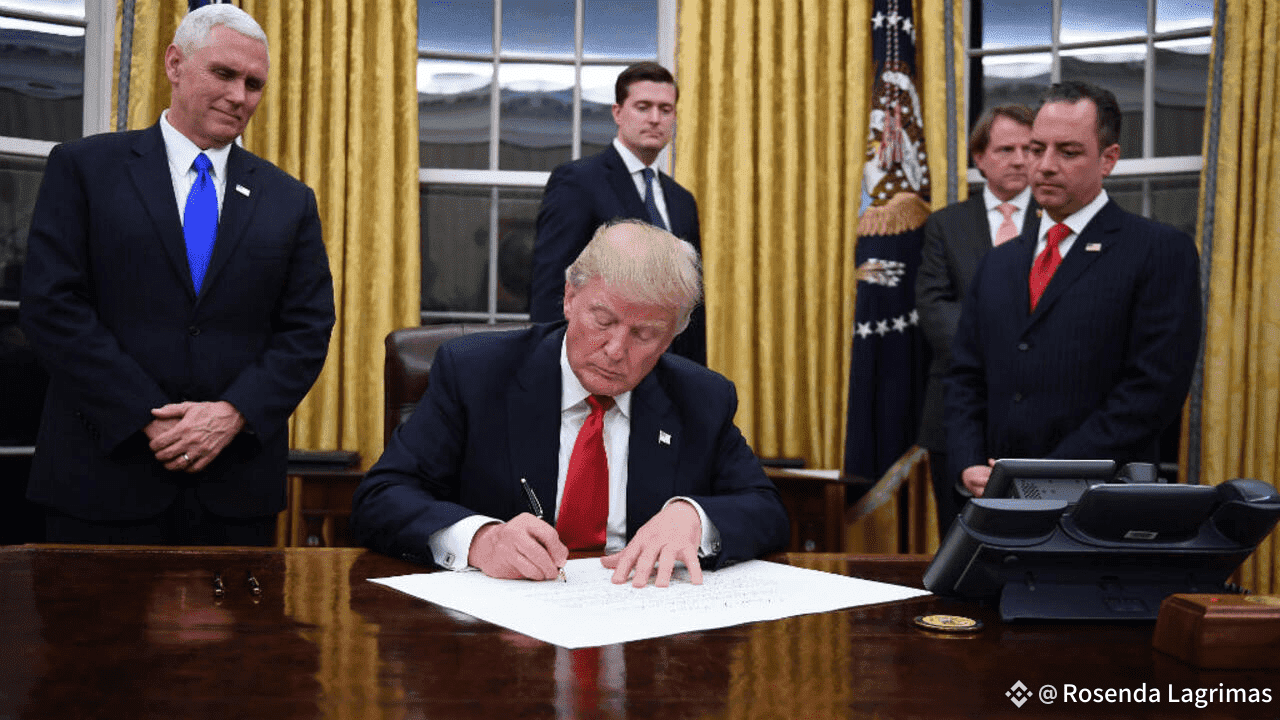Current Status and Significance of Ethereum’s Market Cap
As of August 2025, Ethereum’s market capitalization has surpassed the $500 billion mark for the first time . As the world’s second-largest cryptocurrency after Bitcoin, this milestone means Ethereum now meets the “safety scale” standard set by several U.S. states. At this level of market capitalization, regulators and investors are beginning to view Ethereum as a more mature and liquid asset class, rather than merely a speculative instrument. Reaching this threshold also means that, according to relevant state laws, public funds may now include Ethereum in their portfolios — a sign that digital assets are gaining institutional recognition and legal standing .

State Laws on Crypto Asset Investment Thresholds
New Hampshire (May 7): Passed the Strategic Bitcoin Reserve Act (HB302), allowing the state treasurer to invest up to 5% of public funds in precious metals and digital assets with a market capitalization exceeding $500 billion . The law requires strict compliance and custody rules, including the use of national security custodians, qualified custodians, or exchange-traded products for holding digital assets . At present, only Bitcoin meets this threshold, but Ethereum’s new market cap achievement positions it for possible inclusion in the future .
Texas (June 22): Governor Abbott signed SB21, the Bitcoin Reserve Act, creating a state-managed Bitcoin Reserve Fund . The bill stipulates that only cryptocurrencies with an average market cap of at least $500 billion over the past 24 months are eligible for investment (currently, only Bitcoin qualifies) . The reserve fund is overseen by the State Comptroller and advised by a committee of crypto investment experts to ensure security and professionalism .
Oklahoma (March 25): The House of Representatives passed the Strategic Bitcoin Reserve Act (HB1203), allowing up to 10% of public funds to be invested in Bitcoin or any digital asset with a market cap over $500 billion . The bill still needs Senate approval. Notably, the initial 10% cap was at one point reduced to 5% during deliberations . Like other states, the proposal emphasizes secure custody arrangements for asset management .
Implications for Ethereum
These legislative moves signal that cryptocurrencies are being recognized by some state governments as strategic reserve assets. For Ethereum, this is highly significant:
First, it marks Ethereum’s inclusion — alongside Bitcoin — in the “mainstream” investment landscape for public institutions, enhancing its credibility among institutional investors . Meeting the market cap threshold means Ethereum now enjoys comparable regulatory recognition and could legally qualify for public fund investment if it maintains its valuation above $500 billion.
Second, the requirement for compliant, secure custody solutions reduces investor concerns and enhances the asset’s trustworthiness .
Lastly, potential capital inflows from government-managed funds could boost market liquidity and provide price support. As industry experts note, U.S. regulatory developments and investment trends are reinforcing Ethereum’s role as a foundational layer of digital finance .
Future Outlook: More States and Countries May Follow
Around 20 U.S. states have already proposed similar “Bitcoin reserve” bills, with thresholds typically set in the hundreds of billions of dollars. For example, North Carolina’s HB92 requires an average market cap above $750 billion over the past 12 months — about 1.5x the threshold in Texas and New Hampshire. Montana and Florida have also introduced bills with the same $750 billion requirement , though these are still under review.
Looking ahead, other states such as Massachusetts, Michigan, and Ohio may propose similar legislation or adjust existing thresholds . Internationally, while no identical policy exists yet, the EU, UK, and others are tightening their digital asset regulatory frameworks, and may eventually adopt market cap criteria for investment eligibility. Overall, as Ethereum and other major cryptocurrencies continue to grow, the “$500 billion market cap” benchmark is becoming a key threshold for public fund investment in multiple U.S. jurisdictions — and potentially beyond .
References: Legislative texts such as New Hampshire’s HB302, media coverage, and industry analysis .